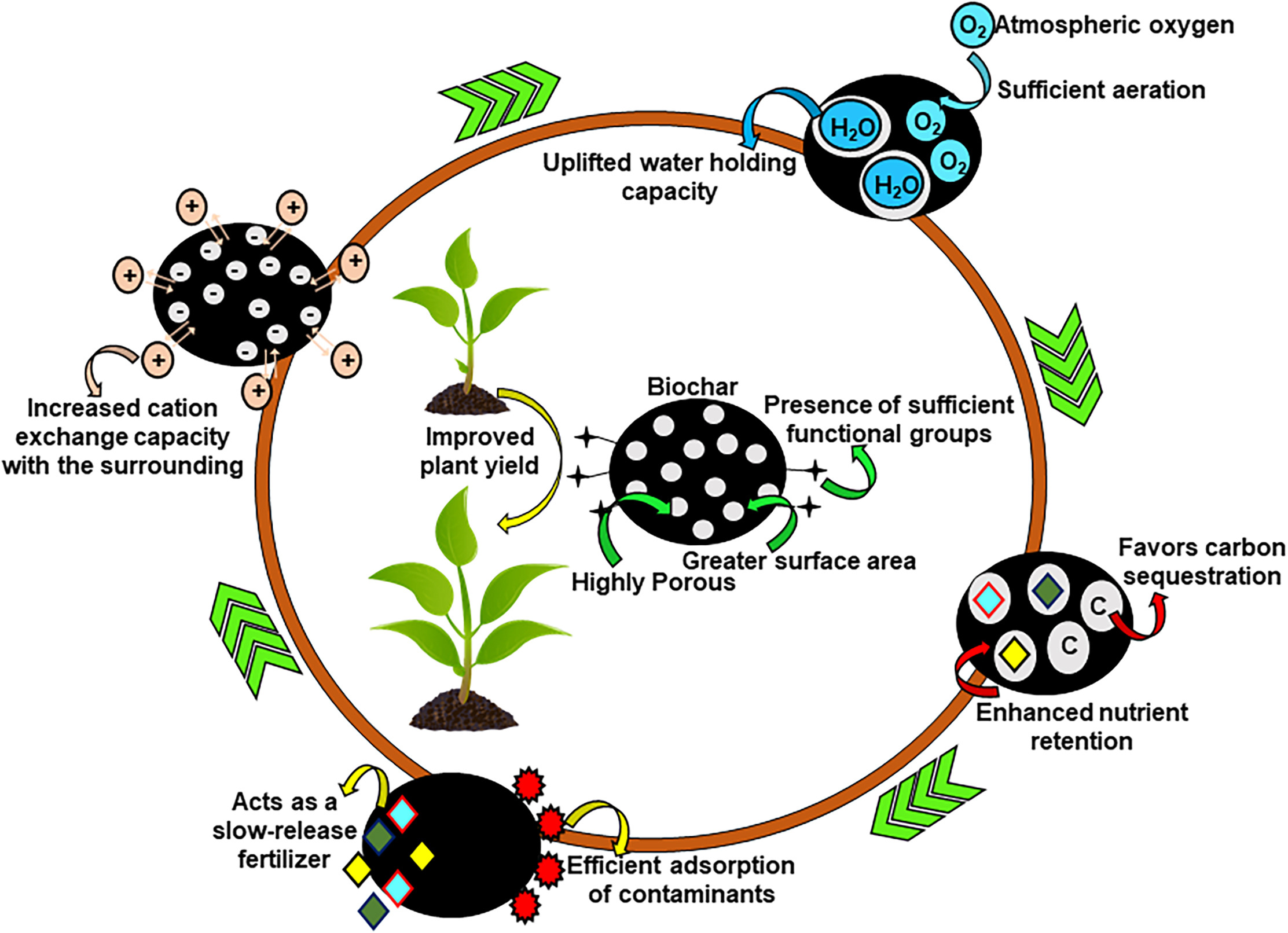Binding DDT-Infused Soil with Biochar

- 18 Jan 2025
In News:
A three-year study was conducted on a 23-hectare DDT-contaminated former tree nursery in southern Sweden. Researchers mixed biochar into sections of the contaminated soil and planted different crops, including pumpkins, legumes, grasses, and willows.
Key findings:
- Reduction of DDT Uptake: The presence of biochar reduced DDT absorption by soil organisms, cutting the toxin uptake by earthworms in half.
- Enhanced Soil Health: Biochar improved soil structure, fertility, and microbial activity.
- Cost-Effective Alternative: Unlike traditional soil removal methods, which are expensive and labor-intensive, biochar treatment offers a sustainable and economical approach.
- Support for Renewable Energy: The method allows for the growth of bioenergy crops such as willow trees, further contributing to environmental benefits.
Implications for Future Agricultural Practices
This breakthrough provides a viable approach to rehabilitate contaminated lands worldwide. Many regions, including India, still grapple with DDT contamination. While India banned agricultural use of DDT in 1972, it continues to be used for disease control under strict regulations. The application of biochar could significantly aid in soil restoration and sustainable land management
About DDT
- Dichlorodiphenyltrichloroethane (DDT) is a synthetic insecticide first introduced in 1939. It was widely used in agriculture and public health initiatives to control vector-borne diseases like malaria.
- However, despite its effectiveness against pests, DDT’s persistence in the environment led to severe ecological and health concerns.
- It degrades slowly, accumulates in fatty tissues, and disrupts ecosystems by affecting soil fertility, harming wildlife, and posing potential human health risks, including endocrine disruption and carcinogenic effects.
Challenges Posed by DDT-Contaminated Soils
The prolonged use of DDT has resulted in extensive soil contamination, making land infertile and unsuitable for cultivation. Conventional methods of decontamination, such as soil excavation and disposal, are expensive and environmentally unsustainable.
Biochar as a Solution
Researchers at Sweden’s Chalmers University of Technology have developed an innovative method to restore DDT-contaminated soils by integrating biochar.
What is Biochar?
Biochar is a charcoal-like material produced by burning organic waste in a controlled oxygen-limited environment (pyrolysis). It is known for its ability to enhance soil quality, bind contaminants, and store carbon for extended periods.
